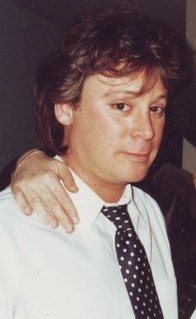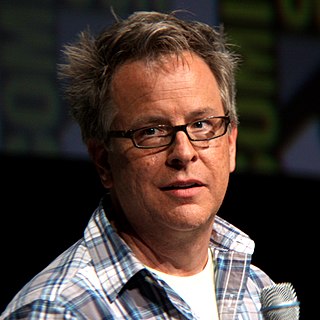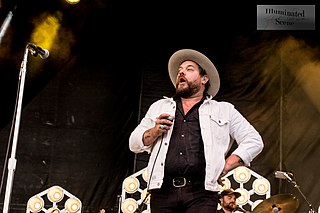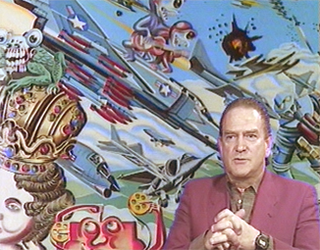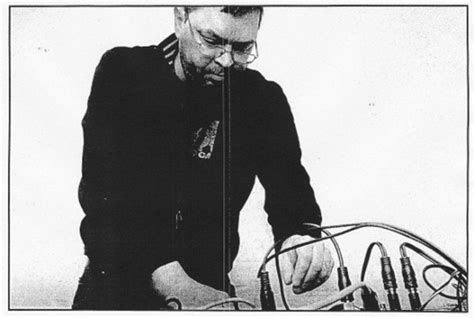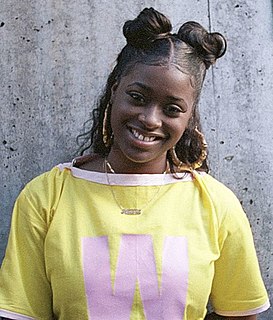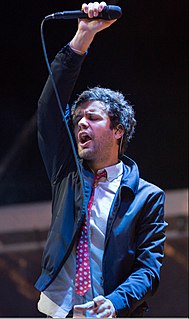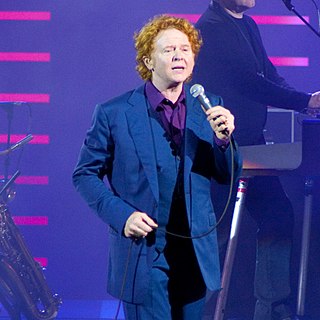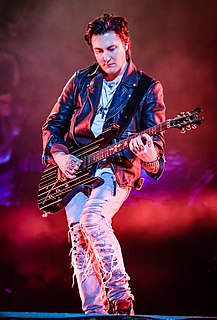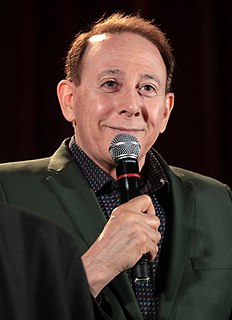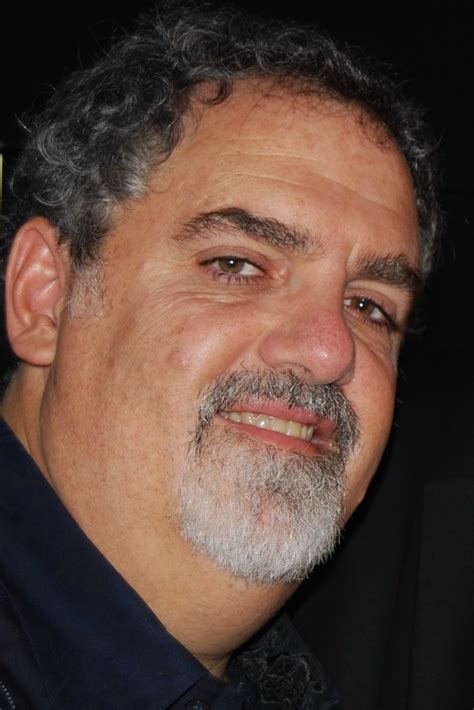A Quote by Eric Carmen
When I was in the studio doing 'Hungry Eyes,' we had to make it an '80s record, but we wanted it to feel like the '60s.
Related Quotes
Throughout college I was getting better and better at making recordings, producing songs, making different kinds of beats. I was starting to learn the signifiers of production from the '60s, the '80s. We never re-recorded anything. All the record companies that wanted to sign us - except for one - were excited about the recordings that we had done ourselves.
The collages I never wanted to sell. I thought it was a very private thing, so I kept the collages. Then, in the end, I had a big collage in the Pinault Collection in Venice and the director of the [Centre] Pompidou said, "Did you make big collages like this in the '60s?" I said yes, so he came to the studio and said, "Let's make an exhibition in the Pompidou."
In the 80s, if you wanted to make electronic music, it was a much tougher and more expensive process. For many people it would involve either spending loads of money on gear or else cutting demos in a proper studio. But I had this Casio keyboard and tape recorder and used to do stuff in my bedroom - I'd listen to Mantronix and all that. That was what I had so that's what I used.
I just desperately wanted to be happy again in a way that wasn't forced. I wanted to feel like I accomplished something. I did this. I finished this record. I'm doing all the promo. I'm doing everything that I said I was going to do. I really wanted to be happy and normalized and I was tired of people saying I was volatile. I'm not. I'm a pretty normal person. I have problems like anyone else but I've worked so hard to be OK and I don't think that I gave myself enough credit for that.
I mean, the thing about Guns N' Roses was that it wasn't trying to attach itself to the '80s, or anything that had to do with the '80s. It's just who we were at that time. We were doing what we wanted to do. That had really nothing to do with anything around us, except for the simple fact that we were rebelling against that stuff.
I've always felt like a kid, and I still feel like a kid, and I've never had any problem tapping into my childhood, and my kid side. And I think that's a very universal thing, I don't think it's unique to me at all. People I've talked to in their 60s, 70s, 80s, and 90s have all told me "You know, I still feel 20." So I don't expect that I'm going to be any different.
